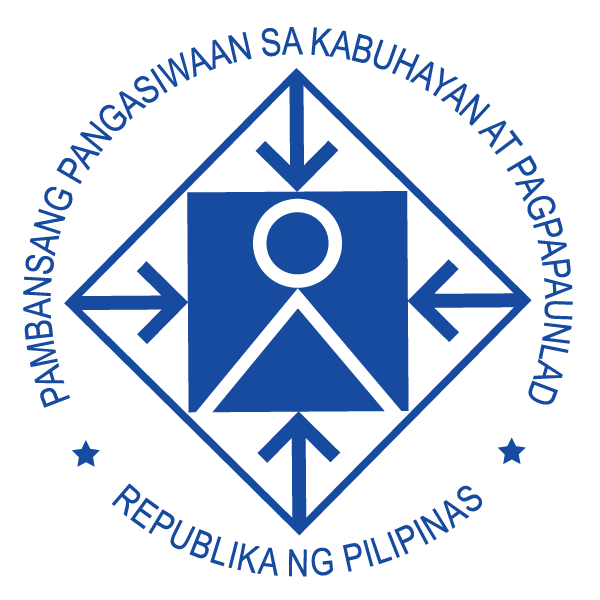Philippine Action Plan for Sustainable Consumption and Production (PAP4SCP)
Philippine Action Plan for Sustainable Consumption and Production (PAP4SCP)
The Philippine Action Plan for SCP (PAP4SCP) will serve as a guiding framework to influence and steer sustainable behavior and practices across sectors and levels of government by implementing programmatic policy reforms and set of actions over the short- (2020-2022), medium- (2022-2030), and long-term (2030-2040).
Philippine Action Plan for SCP Strategic Framework

As guided by the target outcome and sub-outcomes in the PAP4SCP, priority policies and actions were categorized into four nodes: (a) policy and regulation, (b) research and development, innovation, and technology, (c) infrastructure, and (d) promotion and education. These action nodes are intended to help in internalizing and integrating the social and environmental impacts of economic activities in the market system.
Among the key programs prioritized to support the target outcomes include the institutionalization of Natural Capital Accounting (NCA) to enable comprehensive measurement and accounting of the value of the country’s natural resources and the impacts of economic activities to the environment. This will be supplemented by the conduct of carrying capacity and assimilating capacity assessments to determine ecological limits towards sustainable use and management of natural resources. A program to scale-up assessment of environmental impact of commercial products over their life-cycle is also pursued to facilitate shift to more resource-efficient technologies and processes.
To increase uptake of green products and services, the PAP4SCP aims to strengthen the country’s National Ecolabeling Program by (a) increasing consumer awareness and preference for products with ecolabel seal, and (b) improving and streamlining certification process to encourage more producers/manufacturers to have their products ecolabeled. On the other hand, the PAP4SCP emphasizes the need to (a) reduce wastes by encouraging consumers to refuse unsustainable products and packaging materials, particularly single-use plastics, through choice-editing strategies, and (b) encourage proper waste segregation and recycling through establishment of more materials recovery facilities (MRFs) in the short-term. In the medium to long-term, the target is to move towards zero waste through development and adoption of innovative technologies aligned with the principles of circular economy.
To support these actions, the following priority legislation are needed: (a) food waste management to establish more composting facilities and enable safe food redistribution; (b) electronic waste management to address the problem of increasing wastes from gadgets and digital appliances; (c) extended producer responsibility (EPR) to make producers responsible for the recycling and disposal of post-consumer products; and (d) green public procurement to enhance compliance of procuring entities in integrating green criteria in procurement guidelines, bidding documents and technical specifications. The country’s existing environmental laws, such as the Clean Air Act (RA 8749), Ecological Solid Waste Management Act (RA 9003), and Clean Water Act (RA 9275), will also be reviewed to address the challenges encountered in their implementation, and ensure their responsiveness to changing economic development landscape towards sustainable consumption and production.
A copy of the SCP Action Plan Matrix may be accessed through this link: CLICK HERE
Note: The PAP4SCP Framework has been presented to the Senate Committee on SDGs, Innovations, and Futures Thinking chaired by Senator Pia Cayetano on January 22, 2020.


